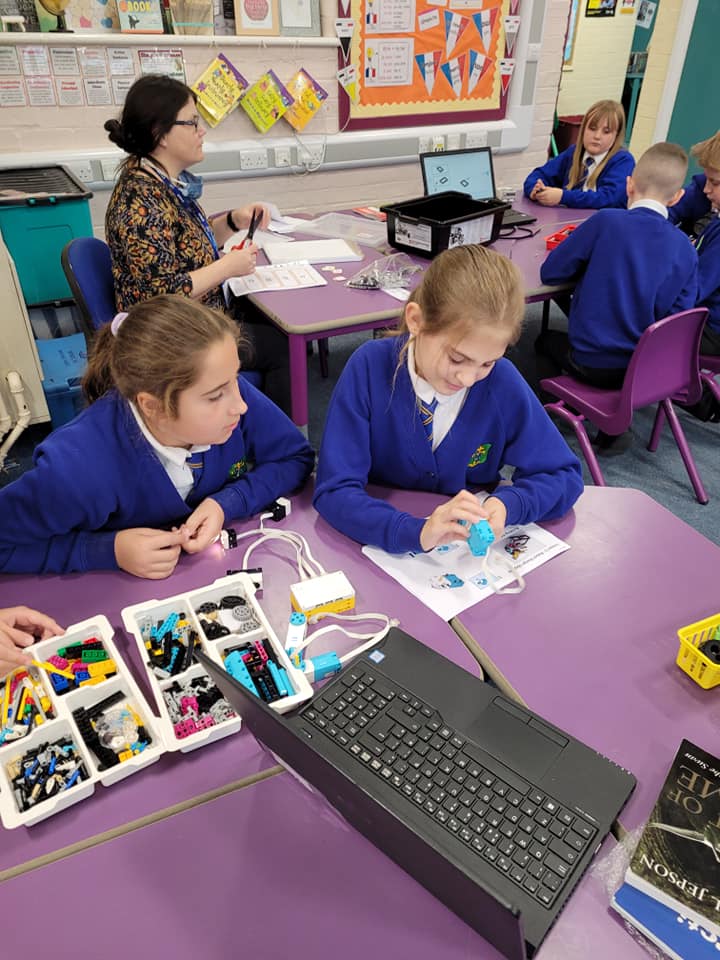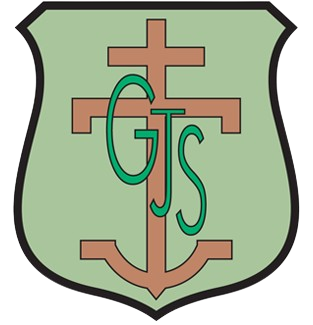Science Intent
Intent, Implementation and Impact
The national curriculum for Science aims to ensure that all pupils:
- Pupils will develop scientific knowledge and conceptual understanding through the specific disciplines of biology, chemistry and physics
- They will develop understanding of the nature, processes and methods of science through different types of science enquiries that help them to answer scientific questions about the world around them
- They will be equipped with the scientific knowledge required to understand the uses and implications of science, today and for the future.
Intent
At Greengate Junior School we continue to understand the importance of developing our pupils as Scientists and immersing the children in a creative, diverse and inclusive Science Curriculum. We expect our Science curriculum to sustain pupils’ natural curiosity so that they are eager to learn the subject content as well as develop the necessary investigative skills; fostering a life-long interest in Science.
Following the National Curriculum 2014, our curriculum is developed to provide a meaningful and coherent Science education based on progression and sequencing of knowledge and skills across the Key Stage. Developing pupils with secure subject knowledge, who are confident to question the world around them, explore possible answers independently and communicate their ideas effectively using specialist vocabulary.
At Greengate Junior School, we recognise the importance of providing opportunities for pupils to understand how Science can lead to a number of varied employment professions in their future.


Implementation
Science is taught as five block units per Year Group across all of the Key stage, in line with the Science Programmes of Study from the National Curriculum 2014, delivering a coherent and progressive Science Curriculum. Each unit includes a strong focus on the skills of scientific enquiry through an investigative and exploratory approach that makes learning memorable.
Science will be taught as a stand-alone subject but suitable links to other topics can be made where appropriate throughout the academic year. Links to English and Maths will be made were appropriate.
At the start of each unit, concept maps are used to develop an initial assessment of pupils’ prior learning. Using this initial assessment, the school’s entitlement map and long term objectives, teachers have the flexibility to plan lessons which meet the needs of the pupils in their class, differentiating for Scientific skills and understanding as well as literacy skills and Special Needs. Planning should not be rigidly set and where possible enquiries should be child led and flexible.
There will be a strong focus on discussion to broaden children’s scientific understanding. Throughout the units, time is allocated to address misconceptions as they arise. Scientific vocabulary is specifically taught and revised throughout each unit.
Use of key vocabulary classroom displays, pupils’ glossaries and fun games are used to secure Scientific vocabulary. Throughout the unit or on completion of the unit children demonstrate new knowledge and understanding by adding to their concept maps.
A variety of learning opportunities are used to deliver our curriculum, and teachers are encouraged to make learning in Science as hands on and creative as possible whilst still making learning explicit.
Opportunities to develop STEM activities will be undertaken throughout the year. The use of BE SAFE book is used to ensure safety is always considered in Science lessons.
Opportunities to attend off site Science activities or in school activities such as Specialist visitors, Industry, workshops or whole school Science events ensure we offer a broad and wide Science Curriculum.
Impact
Greengate Junior School’s science has impact at its very heart.Formative assessment is used as the main tool for assessing the impact of Science at Greengate Junior School as it allows for misconceptions and gaps to be addressed more immediately rather than building on insecure Scientific foundations.
Assessment at Greengate Junior School is teacher based and formed using a range of informal strategies;
- Children’s contributions to class discussions
- Quiz style questions
- Verbal and written outcomes from learning
- Initial and final concept maps
- Observations and careful questioning of pupils working scientifically.
Judgements will be formed as to whether pupils are emerging, expected or exceeding at Working Scientifically and whether pupils are emerging or at expected for their conceptual understanding and knowledge.
At random intervals the Science leader will use pupil interview to moderate teacher based assessments. The Science Leader also carries out book scrutinise of pupils’ individual books, Class Science Big Books and Group books to ensure the correct delivery of the curriculum and address any areas for improvement.
